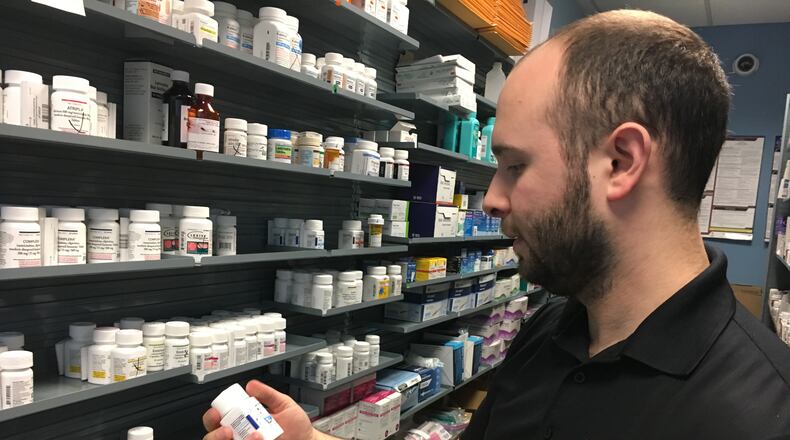READ MORE: Who’s really in control? 5 things to know about pharmacy benefit managers
“We cannot turn away patients because of their ability or inability to pay,” said CEO Bill Hardy.
This designation applies to the nonprofit’s Columbus and Dayton health centers and means it is recognized as a center that cares for an underserved area or population, offer a sliding fee scale, provide comprehensive services and has an ongoing quality assurance program and a governing board of directors.
The federal status makes the health care system eligible to buy pharmaceutical drugs at a discount and eligible for higher reimbursements from the Centers for Medicare and Medicaid Services for its services to residents covered by the government insurance programs.
The status also lets Equitas join track its health outcomes better by letting it measure itself against other federally qualified health centers so it can compare and improve services.
Equitas serves 67,000 people across Ohio and into West Virginia and Kentucky. The health system has its roots in serving people with HIV and AIDS and preventing HIV, but has reinvented itself in recent years into a LGBT-focused health system with services like dental care, behavioral health, chronic disease management and primary care.
World AIDS Day 2017: Treatment improves, more outreach needed
About half of Equitas’ patients pay with Medicaid or Medicare, 23 percent with commercial insurance, 19 percent self pay and 5 percent are covered by the federal Ryan White HIV/AIDS Program.
These government insurance programs that most Equitas’ patients pay with don’t fully reimburse for the cost of care, so while Equitas’ pharmacy turns a profit, its other medical and prevention services don’t and it’s reliant on donations and other funding sources to stay afloat. The new status could help improve the profit margin at its pharmacy, which Equitas reinvests back into its programs and services.
“Almost everything we do with the exception of our pharmacy … relies on the generosity of others,” Hardy said.
About the Author
